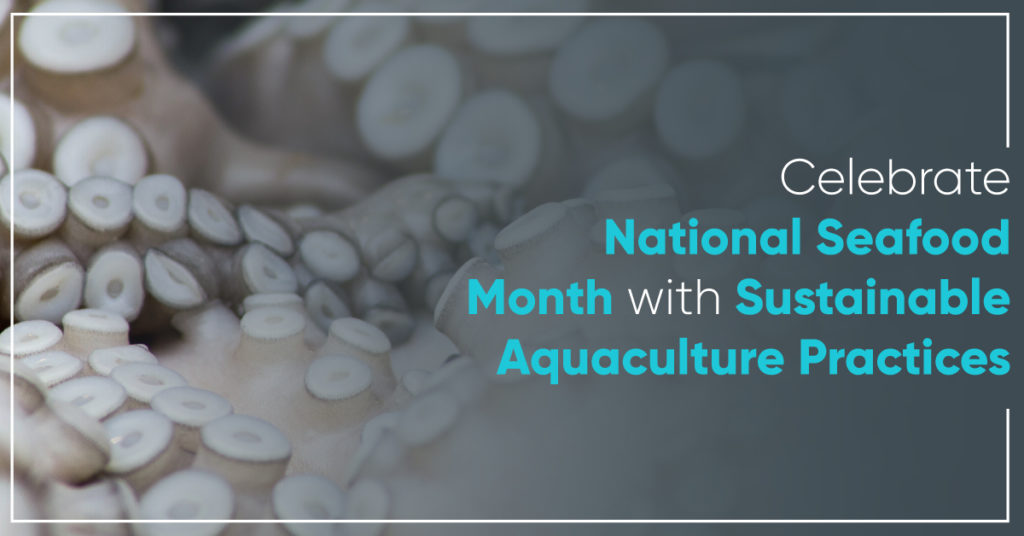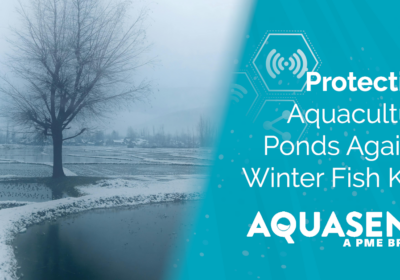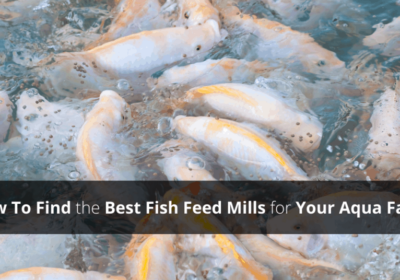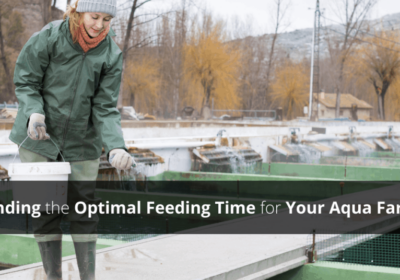Celebrate National Seafood Month with Sustainable Aquaculture Practices

As we wrap up the celebration of National Seafood Month, it’s important to remember that it’s about more than just what’s for dinner. National Seafood Month brings to the table the reminder of the significance of aquaculture as a sustainable food source.
Seafood and your diet
There are a lot of health benefits surrounding seafood. Eating fish is known to reduce the risk of many health related issues including heart disease and complications during pregnancy. It also contains essential omega-3s and ample amounts of protein.
But, for being one of most highly recommended healthy options out there, only one in 10 people meet the recommendation of eating seafood twice a week. It’s been reported that the majority of Americans only consume seafood in restaurants. It begs the question: if it was more readily available, would it be consumed more regularly at home? This is where aquaculture comes in.
Good for you, good for the environment
For a population that is projected to surpass 9 billion by 2050, it’s crucial that we focus on producing food to meet these demands in a sustainable manner. The practice of aquaculture provides a minimally invasive solution to meet the growing demand for sustainable food sources.
When designed well and managed responsibly, aquaculture provides not only health benefits but positive economic and environmental influences as well. In comparison to other animal proteins, aquaculture can be produced using fewer resources, limiting the impact on the natural environment.
Some of the positive environmental impacts of aquaculture include:
- Clean water and absorbed carbon dioxide from farms hold ocean acidification at bay.
- Oyster farming helps the development of reefs which protects against rising sea levels.
- Can be used selectively to restore endangered species and deteriorating habitats.
As the world’s human population grows, so does the demand for locally grown healthy dietary options. Aquaculture provides a solution to this demand that cannot be met by the wild seafood population and traditional fishing methods.
The Aquasend solution
At Aquasend we understand the importance of creating a sustainable food source for the future and can assist you in creating sustainable farming conditions at your facility. Contact us today to learn about Aquasend’s real time DO and temperature monitoring systems and how they can benefit your farm.


